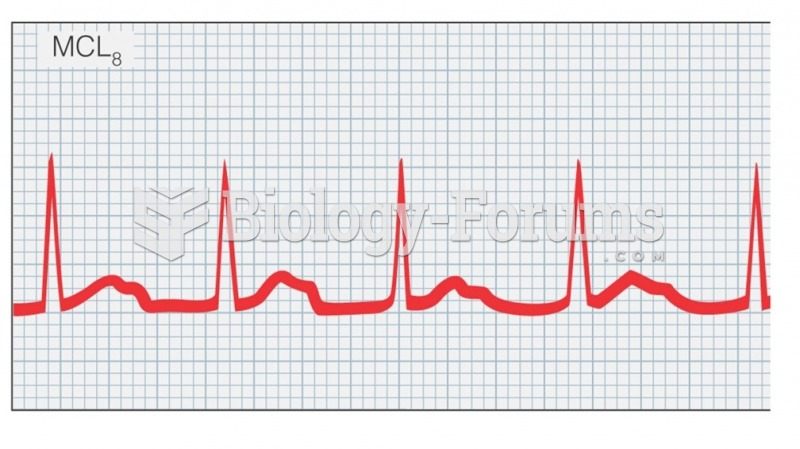|
|
|
Women are 50% to 75% more likely than men to experience an adverse drug reaction.
The human body's pharmacokinetics are quite varied. Our hair holds onto drugs longer than our urine, blood, or saliva. For example, alcohol can be detected in the hair for up to 90 days after it was consumed. The same is true for marijuana, cocaine, ecstasy, heroin, methamphetamine, and nicotine.
When intravenous medications are involved in adverse drug events, their harmful effects may occur more rapidly, and be more severe than errors with oral medications. This is due to the direct administration into the bloodstream.
There are approximately 3 million unintended pregnancies in the United States each year.
Medication errors are three times higher among children and infants than with adults.







